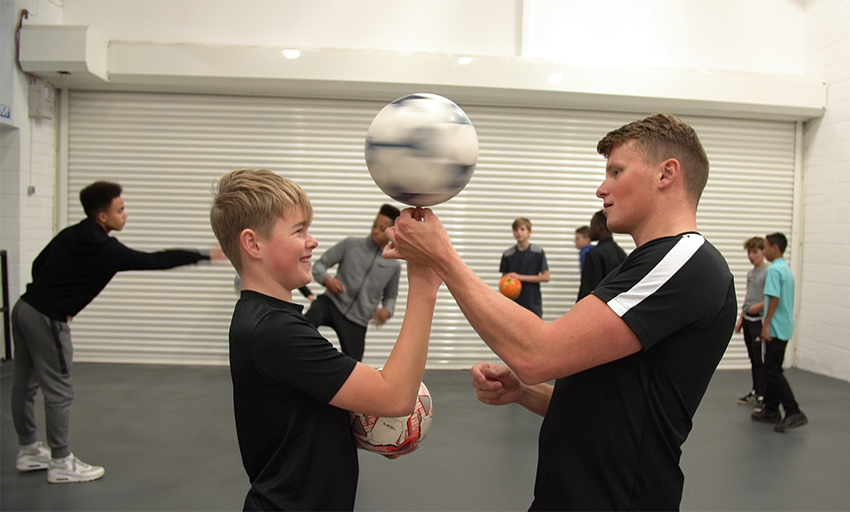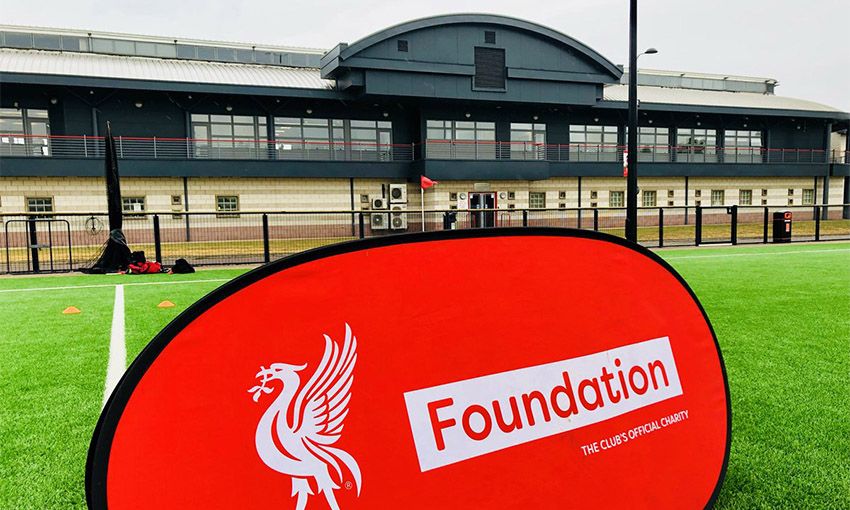LFC Foundation launches Game Changers programme
LFC Foundation has teamed up with the National Literacy Trust to launch a new educational programme in Merseyside.
Funded by BT Supporters Club, through Comic Relief, Game Changers aims to use the power of football to boost the reading skills and life chances of excluded young people.
The programme will combine football-themed reading lessons, practical football activities and sporting role models to equip 900 excluded students, aged 11-14, with the reading motivation and skills to overcome barriers to educational success.
LFC Foundation will deliver Game Changers sessions to more than 100 excluded students over the next 18 months, with coaches working alongside Pupil Referral Units and alternative provision settings across Merseyside.

Matt Parish, director of LFC Foundation, said: "We are delighted to be delivering the Game Changers programme.
“This programme fits in perfectly alongside our current secondary school delivery and enables us to further reach the most high-need communities.
"In Liverpool, 48.7 per cent of neighbourhoods are classed as highly deprived, and Game Changers gives us the perfect opportunity to target these areas to bring about a tangible, positive change.
“By taking on the challenge to improve literacy and overall educational outcomes, we can create life changing opportunities for children and young people across Merseyside.”
Young people who are excluded from mainstream education have some of the poorest outcomes in education, health and life. Only one per cent achieve five good GCSEs and excluded young people are 10 times more likely to experience mental health problems than their peers.
Game Changers aims to make a positive change to these statistics by leveraging young people’s interest in football to provide a vital route into reading, which research shows can boost young people’s educational attainment and mental wellbeing.
Alongside LFC Foundation, community arms from 14 other English Football League clubs have committed to supporting the delivery of Game Changers, with over 900 young people expected to benefit throughout the programme’s initial phase.



